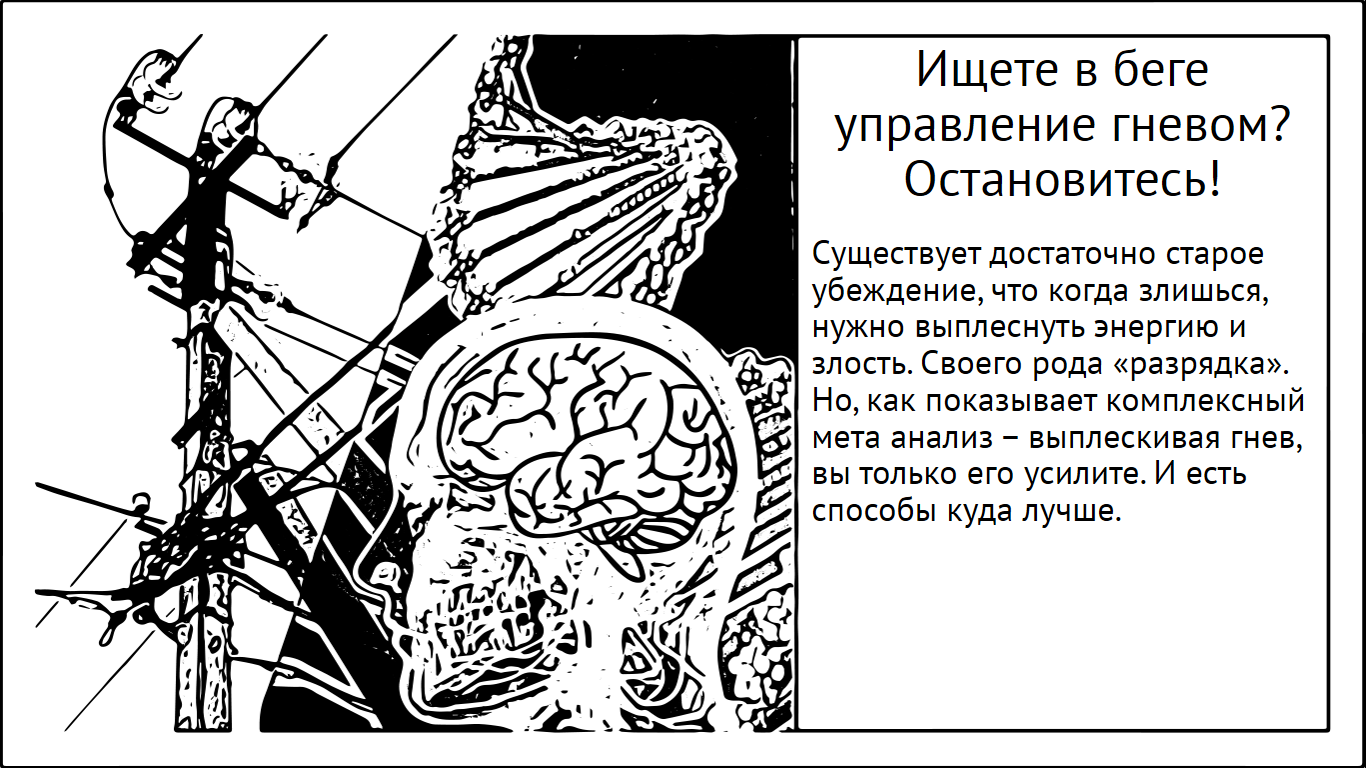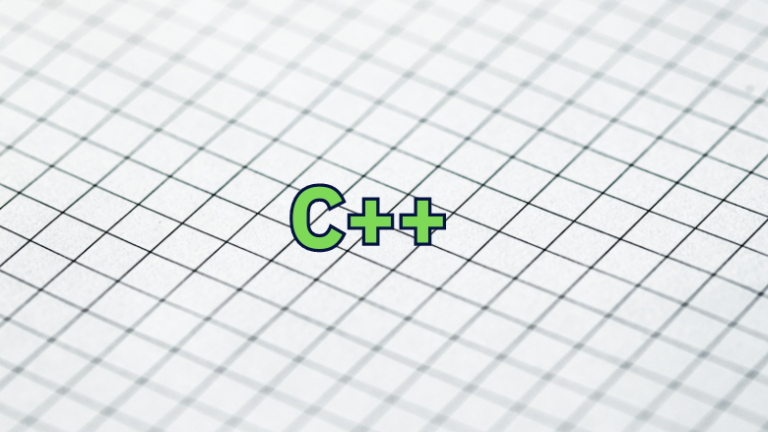Looking for anger management in running? Stop
There is a fairly common theory that when you are angry, you need to vent your aggression. Martial arts, rocking, jogging, lots of ways to throw out bad energy. However, not all so simple. It turns out that if you go for a run when you’re already angry, you’ll end up becoming even more aggressive.

Anger management and the nature of aggression
Researchers foundthat letting off steam when you're angry, whether it's while jogging or punching a punching bag, won't help reduce your anger. On the contrary, it is important to pay attention to tools that reduce your physical arousal.
First milestones in the study of anger
Anger is such a surprise, an unpleasant emotion that a person most often wants to get rid of. But reality shows that anger and anger still have plenty of room in this world. Survey Gallup showed that Americans were angrier in 2018 than in previous years, and this was even before the pandemic, when people were forced to stay at home!
In general, there are two ways to deal with anger: Engage in activities that increase physical arousal. Others “let off steam.” Or engage in activities that reduce arousal. Practice self-soothing and relaxation. Sometimes it's simple enough sleep well.
Researchers at The Ohio State University (OSU) analyzed 154 studies involving 10,189 people to determine the most effective way to reduce anger.
It is very important for me to dispel the myth that if you are angry, you should let off steam – throw out the evil from yourself. Taking a breath and exhaling may be a good idea, but there is not a shred of scientific evidence to support the theory of catharsis.
Brad Bushman, a professor at OSU, is co-principal investigator and co-author of the study.
Catharsis theory
In psychoanalytic theory, “catharsis” is the release of pent-up emotions, such as anger, frustration, or sadness, through verbal and physical expression. It comes from a Greek word meaning “purification” and has been around since the time of Aristotle. It was actualized by Sigmund Freud as a therapeutic technique used to free oneself from the paralyzing effects associated with negative, traumatic memories.
The studies reviewed included respondents of different genders, ages, races and cultures. The selection and analysis of studies were based on two-factor theory of Schachter-Singer , which argues that emotions, including anger, involve two key factors: physiological arousal and a cognitive label. That is, the experience of emotion first involves a physiological response to a stimulus, which the mind then identifies or names.
Some previous meta-analyses have focused on the use cognitive behavioral therapy (CBT) for working with mental meanings. However, in the current study, the researchers believe it is important to focus on arousal processes. They say this is what will fill the gap in understanding how to effectively deal with anger.
Anger management. Spill it out or keep it in?
The researchers were inspired in part by the rise in popularity of “rage rooms,” in which people break things like glass, dishes and electronics to cope with feelings of anger.
I wanted to debunk the theory of venting anger as a way to deal with it. We wanted to show that arousal reduction and its physiological aspect are really important.
Sophie Kjervik, co-author of the study.
Thus, the researchers' analysis focused on activities that increase arousal: hitting a punching bag, jogging, cycling, swimming. And activities that reduce arousal: deep breathing, mindfulness, meditation, yoga. Slow developmentas a ready-made concept, will help you deal more easily with interruptions in life.
First results in anger management
Scientists found that arousal-reducing activities were effective in reducing anger in the laboratory and in the world. However, effectiveness was correlated with the use of digital platforms or individual learning practices: in group and individual settings among various populations: college students and non-college students, people with and without a criminal record, and for people with and without intellectual disabilities.
It was really interesting to see that muscle relaxation and just relaxing would be as effective as mindfulness and meditation. Obviously, in today's society we all face a lot of stress and we also need ways to cope with it. It is helpful to show that the same strategies that work for stress also work for anger.
Sophie Kjervik, co-author of the study.
Activities that increased arousal tended to be ineffective, leading to a complex range of outcomes. Specifically, jogging was most likely to increase anger, while exercise and playing with a ball had the effect of decreasing arousal. The researchers suggested that this was because the dopamine activity and gaming element could counteract negative emotions. After all, dopamine deficiency is responsible for many unpleasant effects, such as attention deficit hyperactivity disorder.
Conclusions on Anger Management
Some exercise that increases arousal may have cardiovascular benefits, but it's definitely not the best way to reduce anger. It's really hard to understand because angry people want to vent, but our research shows that any sense of angry satisfaction we get from smashing things actually increases aggression.
Brad Bushman, a professor at OSU, is co-principal investigator and co-author of the study.
Researchers note that many methods for reducing arousal and anger free or easily accessible.
You don't have to make an appointment with a cognitive behavioral therapist to cope with your anger. You can download an app for free on your phone or find a video on YouTube if you need some guidance.
Sophie Kjervik, co-author of the study.
How to curb anger management?
You should not suppress anger or become excessively violent, splashing it out. There are no external practices so that a person simply “drank gotu kola“or “do this morning and evening and there will be no anger.” No, anger is the same emotion that lives inside us. And all you can do is learn to work with it. And, as the study shows, this work requires maximum inclusion in the process.



